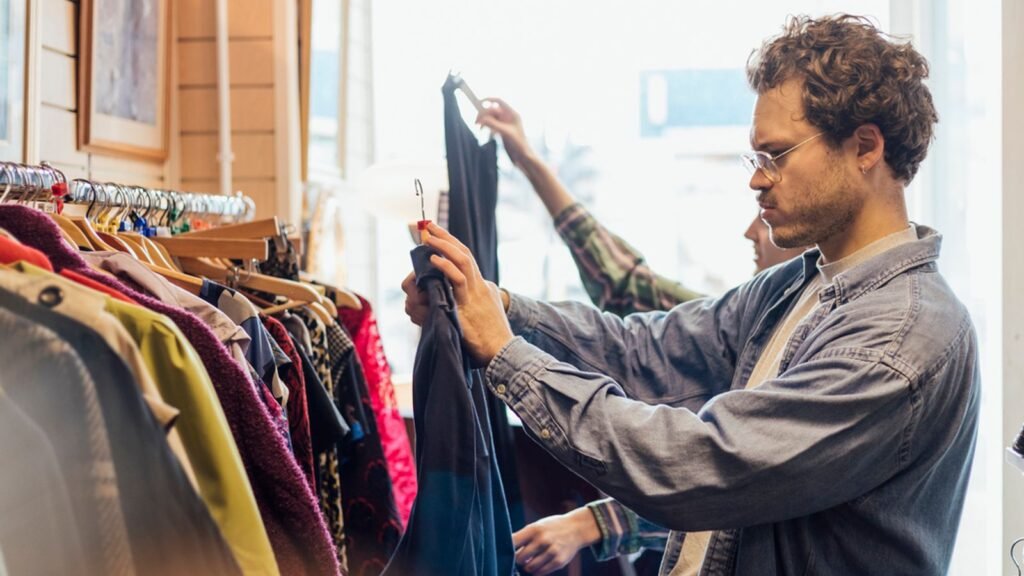Whether it’s global warming, an impending economic disaster or the idea of never owning a home, young people are worrying about the future – and are “doom spending” to cope.
If you haven’t heard of the term, here’s a quick explanation:
Doom spending is basically spending money on short term, instant enjoyment, rather than saving it for the future, to cope with economic stress and worries.
It could be described as Gen Z’s version of retail therapy.
To demonstrate that, here’s a TikTok as an example…
A recent study by Credit Karma found 43% of millennials and 35% of Gen Zs doom spend to make themselves feel better.
Fuelled by social media, the trend has almost become the norm, with many young people taking to TikTok to complain about the state of their financial futures.
One viral video created by Maria Melchor, also known as @firstgenliving, has been viewed more than 1.7 million times.
In the clip, she says: “We can’t afford anything else. Homeownership or starting a family is so out of reach that we are using that down payment or kid money on whatever it is that we can afford that will bring us the semblance of the kind of adulthood we were promised.”
Thousands of videos have been posted online, with people sharing their experiences of doom spending, advising others how to avoid it, or branding the idea as stupid.
Louise Hill, the chief executive and co-founder of Go Henry, said young people were often influenced to buy things they don’t need as they’re continually exposed to new products online.
She pointed out the #TikTokMadeMeBuyIt trend, where users show off recent items they have bought online, as an example.
More than 8.4 million videos using the hashtag have been posted on TikTok.
“A lack of financial education can heighten this behaviour, as people lack key money management skills and the ability to differentiate between their needs and wants,” Ms Hill told the Money team.
“For young people, the ongoing cost of living crisis, student loan debt, and feeling like they won’t ever be able to afford milestone purchases like a house can push them towards doom spending.
“Social media can pile on the purchase pressure too, especially if they see influencers or friends showcasing their latest buys online.”
While doom spending might seem like a harmless habit, it can lead to a cycle of struggling to save and financial trouble if people start borrowing money to pay for it.
Ms Hill warned the situation can become more “difficult” if people turn to buy now, pay later plans to fund it.
“Spending excessively now could also make it hard to save up for those important milestone purchases. Understanding the difference between needs and wants is crucial, as it helps prioritise spending on essential items and reduces unnecessary expenses,” she said.
She advised people to create a savings goal and work towards it when they want to buy something new, instead of purchasing it straight away.
“By the time you’ve saved enough for it, think about whether you still really want it. This is a good way to practice mindful spending and move away from always seeking instant gratification.
“All kids and teens need to understand how money and spending is linked to their self-esteem. You can’t buy a lifestyle, and you won’t feel better about the future by spending too much now.
“With small steps like these, young people will have the confidence to save for a range of goals, say no to peer pressure, and find better ways to cope when they feel down.”

